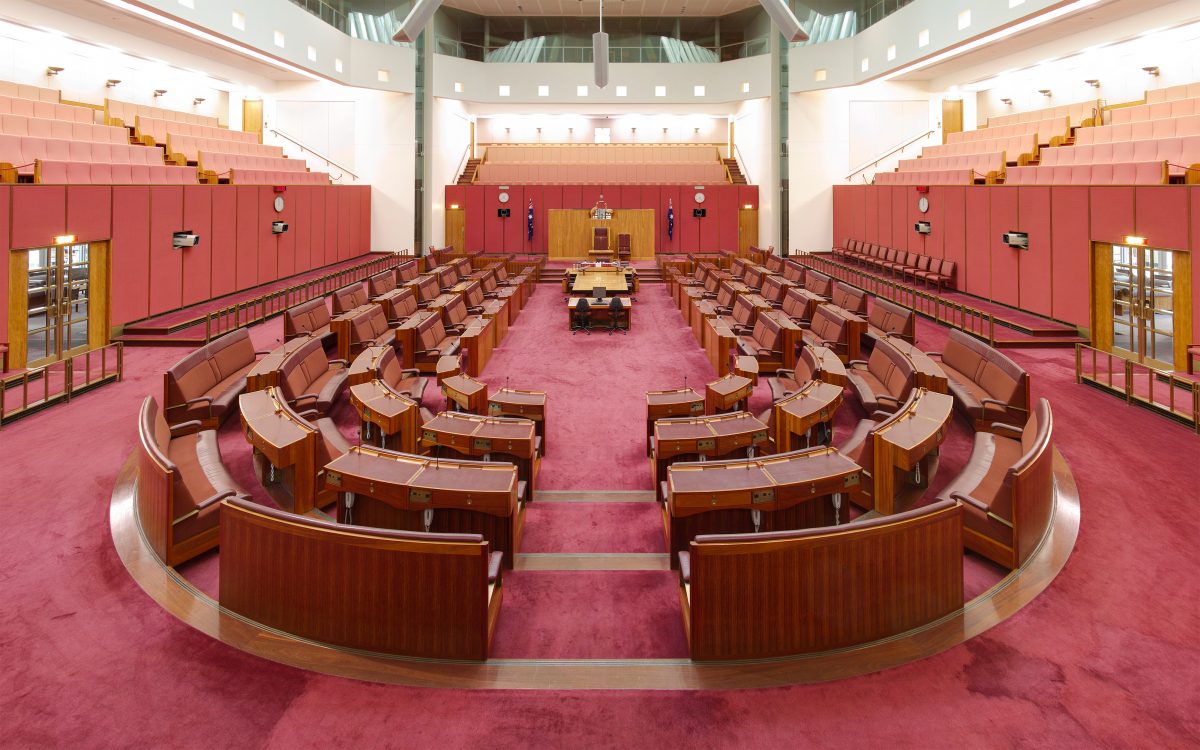
A Senate committee has released a scathing report from its inquiry into ASIC. Photo: J J Harrison.
The Australian Securities and Investments Commission (ASIC) is in a mess and should be split into two separate bodies to pursue a radically different approach to corporate and financial services regulation.
So says the final report of a Senate Economics References Committee inquiry into the troubled commission, which has found the regulator consistently fails to prosecute offenders and is too addled with internal problems to do its job.
“While ASIC tries to deflect criticism that it is a weak corporate regulator by promoting its recent enforcement actions, the reality remains that corporate law is underenforced in Australia,” the report states.
“ASIC’s response to most reports of alleged misconduct is to take no further action and only a fraction of reports are investigated.
“For the matters where ASIC proceeds to take enforcement action, the civil penalties imposed are often at odds with the scale of the offending, and few criminal sanctions are achieved.
“Further, ASIC’s investigation and enforcement decisions are opaque and difficult to scrutinise.”
Evidence to the committee inquiry revealed “deep flaws in ASIC’s approach to investigation and enforcement” and that it too often fails to respond to early warnings of corporate misconduct.
It doesn’t routinely use the full extent of its powers to achieve strong enforcement outcomes, the inquiry found.
“This approach fails to deliver justice to the victims of corporate crimes, undermines economic productivity and does not deter future poor behaviour,” the report states.
“ASIC’s success rests on it having the right remit and powers, the right people and resources and the right governance and oversight arrangements.
“These factors have fallen out of balance. As a result, ASIC’s capacity to respond to corporate misconduct is now compromised by significant structural, resourcing and cultural issues.”
The committee, chaired by Liberal Senator Andrew Bragg, has just released its final report, Australian Securities and Investments Commission investigation and enforcement, and lists 11 recommendations for improvement.
Its first recommendation is that the Federal Government should recognise that ASIC “has comprehensively failed to fulfil its regulatory remit”.
The second recommendation – one of the strongest – is that the organisation should be split up if there is to be any hope of it getting on top of its duties.
“The committee recommends that the Australian Government should recognise, based on the finding of recommendation one, that the Australian Securities and Investments Commission’s regulatory failures call into question whether its remit is too broad for it to be an effective and efficient agency, and the government should strongly consider separating its functions between a companies regulator and a separate financial conduct authority,” it states.
It also recommends that whistleblowers should be encouraged, even with financial incentives, to help ASIC do its job better.
“The committee recommends that the Australian Government investigate amending the whistleblower protection provisions in the Corporations Act 2001 to include pecuniary incentives and compensation for whistleblowers who make a substantiated disclosure,” the report says.
“The committee recommends that the pecuniary provisions be examined with a view to:
- Establishing a financial incentive for whistleblowers to make a disclosure in circumstances where addressing the misconduct would result in a significant public benefit;
- Establishing a financial compensation mechanism for whistleblowers who are unable to make a disclosure in the public benefit without experiencing significant personal detriment, such as loss of career prospects.
The Senate referred the inquiry to the committee in October 2022. It subsequently held five public hearings and received more than 200 submissions.
All recommendations flow from the report’s first two, with the committee stressing that ASIC’s role had been consistently expanded to the point that it had become overburdened.
The committee noted that from the opening days of its inquiry it was inundated with numerous stories of Australians who had lost their life savings and family homes, or had lost their “dignity to shady investment schemes and corporate criminals”.
And it was astounded by ASIC’s “continuing attempts to evade” the committee’s scrutiny.
“This report and indeed the whole inquiry process have shown that ASIC is not a capable regulator,” it states.
Labor senators on the committee included additional statements in the report that disagree with some of the chair’s conclusions.
“The chair’s report, starting with recommendation 1, reduces significant evidence provided to the Inquiry in a complex area of regulation over the past almost two years to little more than a headline,” they said.
“The simplification of these complex issues detracts from the practical improvements to ASIC’s operation suggested by witnesses, and indeed by ASIC itself, throughout the Inquiry.
“So too does the call in recommendation 2 to separate ASIC’s functions into ‘a companies regulator and a separate financial conduct authority’.”
Original Article published by Chris Johnson on Riotact.











